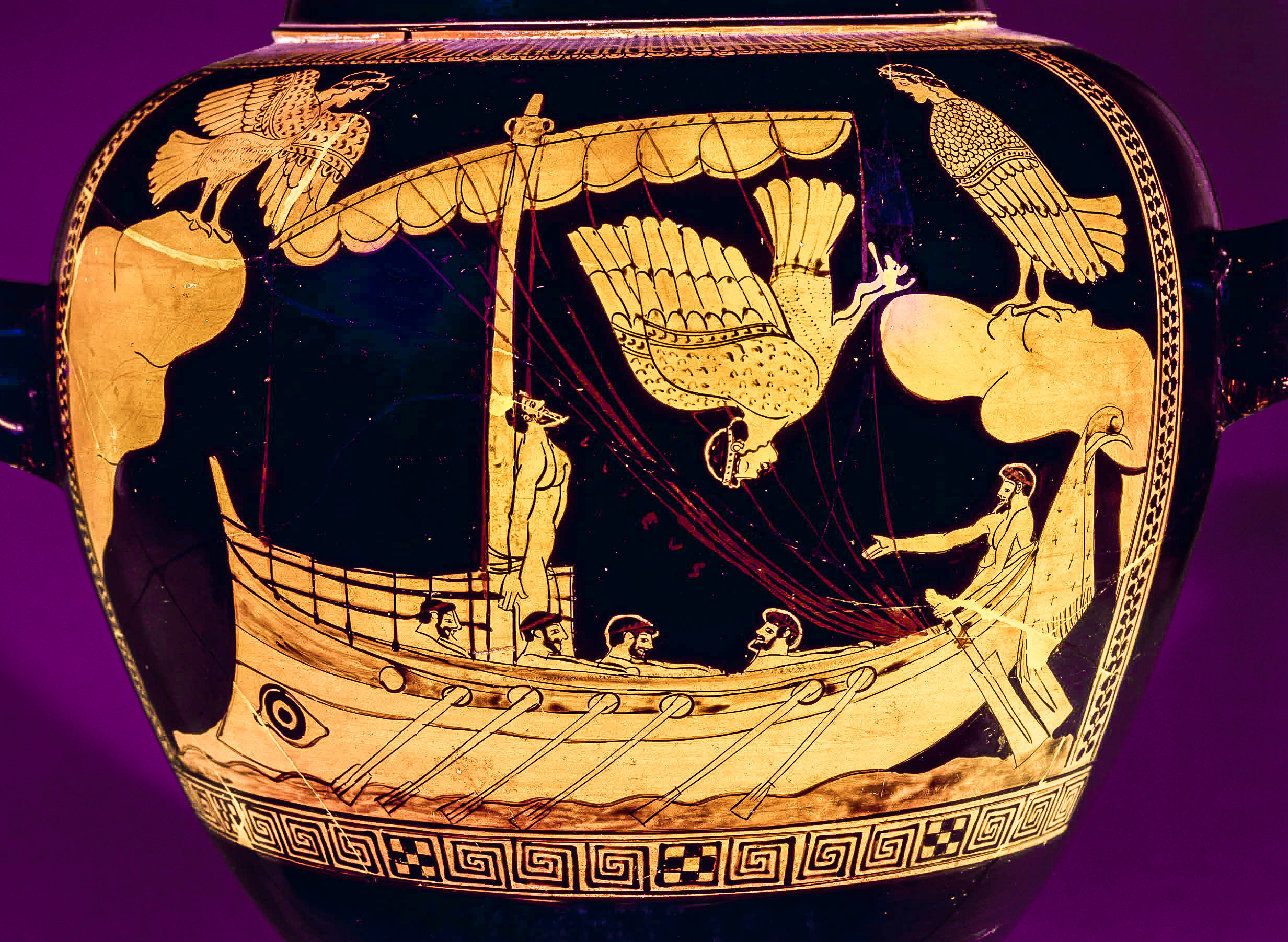I’m a Postdoctoral Research Fellow at Pompeu Fabra University in Barcelona. Before that, I was at the Sant’Anna School of Advanced Studies, Pisa. I received my Ph.D. in Philosophy from Syracuse University in December 2023. During my doctoral studies I was a visiting student at Stanford University and the Jean Nicod Institute.
I specialize in ethics and the philosophy of mind, but I am also interested in aesthetics, environmental ethics, and the philosophy of technology.
I received my M.A. in Philosophy from the Erasmus Mundus Program based at the University of Toulouse Le Mirail, France. During this time I studied at the Universities of Luxembourg, Memphis, and Bochum.
I received my B.A. in Philosophy from the University of Rome La Sapienza. I spent my senior year as a visiting undergraduate student at the Freie Universität in Berlin.
I specialize in ethics and the philosophy of mind, but I am also interested in aesthetics, environmental ethics, and the philosophy of technology.
I received my M.A. in Philosophy from the Erasmus Mundus Program based at the University of Toulouse Le Mirail, France. During this time I studied at the Universities of Luxembourg, Memphis, and Bochum.
I received my B.A. in Philosophy from the University of Rome La Sapienza. I spent my senior year as a visiting undergraduate student at the Freie Universität in Berlin.
My areas of research are consciousness studies, moral psychology, and the theory of well-being.
In my dissertation, I discuss the phenomenology, metaphysics, and ethics of pleasure and pain. I argue that in order to do justice to the phenomenology of pleasure and pain we need to admit of non-sensory modalities of experience. I draw on cognitive science and emotion theory to advance the view that pleasure and pain are non-sensory conscious experiences, and I argue that they are fundamentally valuable for our well-being. I defend these claims from two classic objections. The first is an objection to experientialism about pleasure and pain, known as “the heterogeneity objection”. The second is an objection to experientialism about well-being, known as “the experience-machine objection”.
Next, I plan to discuss further important problems for my view; in particular, alienation and self-abasement.
Here is a list of my published articles:
“Emotional Experience and the Senses” (2022)
in Philosophers’ Imprint 22: 20, pp. 1-20.
In this paper I investigate the nature of emotional experience in relation to the senses, and I defend the thesis that emotional experience is partly non-sensory. First, I draw on Plato to set some conditions on what counts as sensory experience. Then, I present two arguments against the claim that emotional experience is wholly sensory: my first argument is based on the possibility of knowledge of emotion by acquaintance; my second argument is based on the non-sensory nature of valence.
In my dissertation, I discuss the phenomenology, metaphysics, and ethics of pleasure and pain. I argue that in order to do justice to the phenomenology of pleasure and pain we need to admit of non-sensory modalities of experience. I draw on cognitive science and emotion theory to advance the view that pleasure and pain are non-sensory conscious experiences, and I argue that they are fundamentally valuable for our well-being. I defend these claims from two classic objections. The first is an objection to experientialism about pleasure and pain, known as “the heterogeneity objection”. The second is an objection to experientialism about well-being, known as “the experience-machine objection”.
Next, I plan to discuss further important problems for my view; in particular, alienation and self-abasement.
Here is a list of my published articles:
“Emotional Experience and the Senses” (2022)
in Philosophers’ Imprint 22: 20, pp. 1-20.
In this paper I investigate the nature of emotional experience in relation to the senses, and I defend the thesis that emotional experience is partly non-sensory. First, I draw on Plato to set some conditions on what counts as sensory experience. Then, I present two arguments against the claim that emotional experience is wholly sensory: my first argument is based on the possibility of knowledge of emotion by acquaintance; my second argument is based on the non-sensory nature of valence.

The Siren Vase ©Trustees of the British Museum

Coronelli’s Erdglobus – Österreichische Nationalbibliothek
Courses I have taught at Syracuse University:
Theories of Knowledge and Reality (Spring 2023)
Introductory undergraduate course in metaphysics and epistemology, presupposing no prior exposure to philosophy. Historical and contemporary readings. 25 students.
Critical Thinking (Fall 2023, Fall 2022, Fall 2021, Fall 2020)
Introductory undergraduate course in the theory of rationality, presupposing no prior exposure to philosophy. Historical and contemporary readings in philosophy and psychology. 25 students.
Introduction to Moral Theory (Spring 2023, Spring 2022, Spring 2021, Fall 2016)
Introductory undergraduate course in ethical theory, presupposing no prior exposure to philosophy. Historical and contemporary readings. 25 students.
Environmental Ethics (Spring 2018)
Upper-level undergraduate course with focus on theories of animal well-being, value aggregation methods, and other ethical problems related to global climate change. 25 students. Some prior exposure to philosophy presupposed.
Contemporary Ethics (Fall 2017)
Upper-level undergraduate course in ethical theory with focus on influential articles published in the second half of the 20th century. 25 students. Some prior exposure to philosophy presupposed.
Theories of Knowledge and Reality (Spring 2023)
Introductory undergraduate course in metaphysics and epistemology, presupposing no prior exposure to philosophy. Historical and contemporary readings. 25 students.
Critical Thinking (Fall 2023, Fall 2022, Fall 2021, Fall 2020)
Introductory undergraduate course in the theory of rationality, presupposing no prior exposure to philosophy. Historical and contemporary readings in philosophy and psychology. 25 students.
Introduction to Moral Theory (Spring 2023, Spring 2022, Spring 2021, Fall 2016)
Introductory undergraduate course in ethical theory, presupposing no prior exposure to philosophy. Historical and contemporary readings. 25 students.
Environmental Ethics (Spring 2018)
Upper-level undergraduate course with focus on theories of animal well-being, value aggregation methods, and other ethical problems related to global climate change. 25 students. Some prior exposure to philosophy presupposed.
Contemporary Ethics (Fall 2017)
Upper-level undergraduate course in ethical theory with focus on influential articles published in the second half of the 20th century. 25 students. Some prior exposure to philosophy presupposed.
︎lorenza.dangelo@upf.edu
Universitat Pompeu Fabra
Poblenou CampusRoc Boronat, 138
08018 Barcelona
